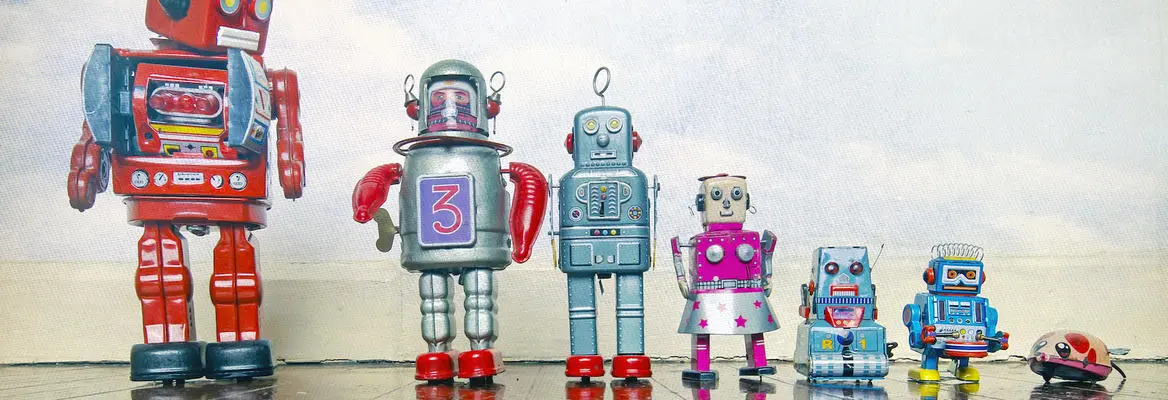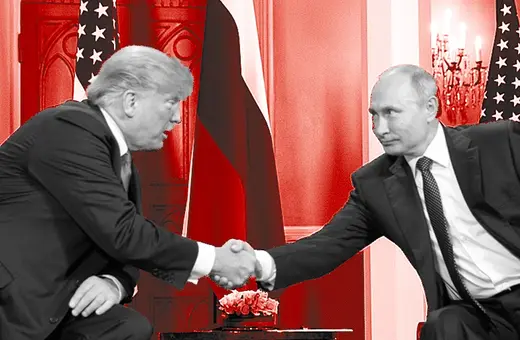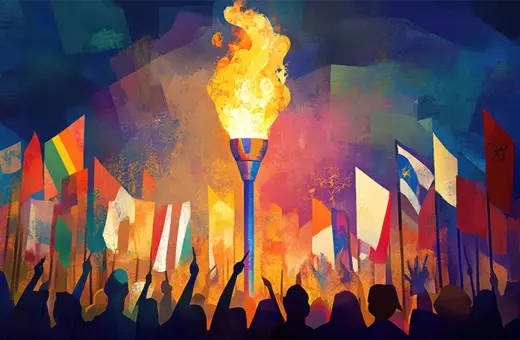In the modern era, when most of us have come to value equality, hierarchical societies are synonymous with unjust ones. And yet, history and social research show us that hierarchical societies are the most efficient ones, and that attempts to abolish social hierarchies have spelt disaster. Hierarchy however doesn’t have to be a necessary evil, it can be morally justified when it’s flexible and in the service of the many, not those in power, argue Daniel A. Bell and Wang Pei.
Imagine a country with no social hierarchies: let’s call it Equality. People in Equality treat each other as equals regardless of age, sex, ethnicity, religion, family background, class, or position in the workplace. There is no clear distinction between the rulers and the ruled. Equality treats all other countries as equals on the global stage regardless of their size, wealth, or military power. The people of Equality regard animals as equals. Even intelligent machines are respected as equals.
Equality sounds like an ideal society. But it’s a dangerous ideal. In history, efforts to consciously build large scale organizations or societies without hierarchies have failed miserably. Edmund Burke famously criticized the French revolutionaries for seeking to equalize relations of command and obedience in the military and predicted such efforts would lead to the rise of “some popular general, who understands the art of conciliating the soldiery, and who possesses the true spirit of command, [and who would] draw the eyes of men upon himself [and become] the master of the whole republic.” In China’s Cultural Revolution, the effort to stamp out social hierarchies similarly led to mass violence and populist tyranny. In contemporary China, the populist legacies of the Cultural Revolution still poison the political atmosphere, aided by an internet that allows anonymous masses to hound social undesirables into submission. In the United States, the populist backlashes against elites empowered strongmen such as Donald Trump with scant regard and respect for traditional constraints on political power. The effort to combat all forms of hierarchy will not only fail, but may lead to something even worse from a moral point of view.
The effort to combat all forms of hierarchy will not only fail, but may lead to something even worse from a moral point of view.
The benefits of hierarchy
It’s worth asking why hierarchy is necessary in the modern world. For one thing, hierarchy is a ubiquitous organizing principle in biology: it helps to explain why evolution produced complex, evolvable mechanisms. With a degree of centralization in connection-making, complex biological systems need fewer connections and things run more efficiently. Similarly, hierarchy helps to explain why society produced complex organizations. The only way large human groups can arrive at common course of action is by hierarchically structuring interpersonal connections. In history, as Peter Turchin explains, “societies that were larger and better organized outcompeted smaller and more shambolic ones. Hierarchical organizations was one of the cultural traits that was heavily favoured by the new selection regime in the Holocene [which started roughly 12,000 years ago with the end of the ice age].”
Just as it’s impossible to efficiently connect large numbers of engineered components without hierarchy, it’s similarly impossible to connect large numbers of people in an efficient way without a hierarchically structured social organization. In short, efficiency is a clear benefit of hierarchy.
Efficiency per se is not morally justified.





















Join the conversation